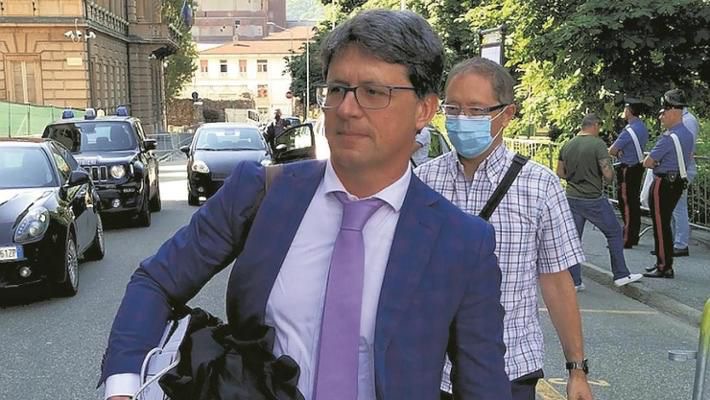Author: Aleksandra Lombardo and Costanza De Caro
Committee: Interviews Committee
Date: 9/02/2025
The establishment of the European Public Prosecutor’s Office (EPPO) marks a significant milestone in the fight against transnational financial crime. In this interview, European Delegated Prosecutor (EDP) Stefano Castellani shares his insights on how the EPPO has transformed legal cooperation, improved coordination among national authorities, and tackled challenges related to data processing and investigative procedures. He highlights the EPPO’s role in harmonizing criminal justice across Member States and its potential to shape the future of European law enforcement.
Did the establishment of the European Public Prosecutor’s Office have an impact on your field of work? In what way?
First of all, the establishment of the EPPO had an impact from the organizational perspective as EDPs do not belong to the national prosecutor services anymore but are part of the decentralized structure of the EPPO. Secondly, a major impact can be observed as far as the legal and cooperation tools that can be employed according to the EPPO Regulation and the national implementation provisions. Indeed, we are part of a “single office” that do not cooperate in the strict sense but operate jointly with our foreign colleagues. Moreover, we now have the mechanism under Art. 31 which allows for more effective and swifter action across Member States than the one granted by the EIO.
Do you consider the European Public Prosecutor’s Office an effective tool for coordination between national authorities against the phenomenon of transnational frauds?
Definitely yes. As a single office with competence over the whole national territory, in the pre-trial phase we coordinate all the law enforcement authorities involved and the Guardia di Finanza especially. By means of memoranda of understanding and agreements with law enforcement agencies, we manage to reduce the risk of informational decay as well as the overlapping of criminal investigations.
Do you think that the processing of information and personal data (investigative data) represents a challenge for the activities of the European Public Prosecutor’s Office?
The establishment of the EPPO will definitely bring about specific attention to the issues evolving around data protection. While the GDPR (Regulation (EU) 2016/679, General Data Protection Regulation) does not need to be implemented by national laws being it a regulation and although the Italian legislation is consistent with it, there is still a lack of attention and comprehension of how dealing with the provisions concerning the processing of investigative data. Admittedly, this is a topic which has been neglected so far, but the setting of the EPPO will induce us to pay more attention to the data retention procedures and controls.
Does the lack of harmonization between Member States on the processing of investigative data risk hampering the goals of the European Public Prosecutor’s Office?
If we look at how operational data are gathered and processed during the pre-trial phase across Member states, we shall conclude that national legislations are indeed harmonized as the GDPR provisions are in place and as a single body with decentralized offices we use standardized procedures for the processing and retention of data. On the contrary, if we look at how the procedural rules governing national criminal procedures and criminal investigations are shaped in the EU Member States participating in the EPPO then we still have a problem of inhomogeneity. For instance, some Member States require more lenient evidentiary standards and conditions than others for the enforcement of searches.
Do you think that the European public Prosecutor’s Office represents a step forward in achieving greater harmonization?
Operating as a single office – to which all EU Members States are taking part except for Denmark, Ireland and Hungary – allows for the dissemination of diverse operational best practices. It will also reveal the existing divergences that may jeopardize investigative efficiency, however consequently the EPPO will foster the reduction of such differences towards greater harmonization of criminal procedural laws.
The EPPO definitely represents a step forward in achieving more homogeneity. However, what is still unknown is whether there is the political will to support such efforts or if a setback is to be expected. EDPs as well as academia and judges will play a key role in this.

